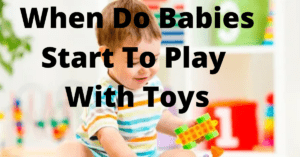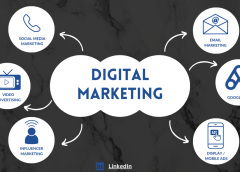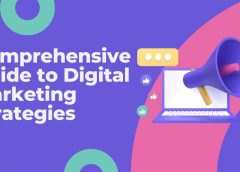do you know when your baby will start using those items? There are so many questions about when babies start walking, talking, or playing with toys. We’ll answer all of these questions and more in our guide to baby development!
When Do Babies Start To Play With Toys

Liyana Parker
Lorem ipsum dolor sit amet, consectetur adipiscing elit, sed do eiusmod tempor incididunt ut labore et dolore magna aliqua. Ut enim ad minim veniam, quis nostrud exercitation ullamco laboris nisi ut aliquip ex ea commodo consequat.






Leave a Reply
You must be logged in to post a comment.